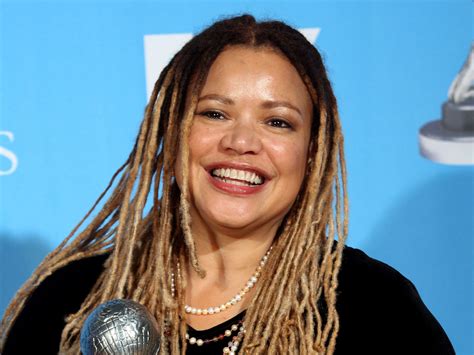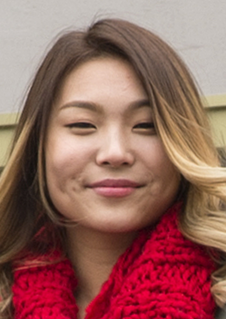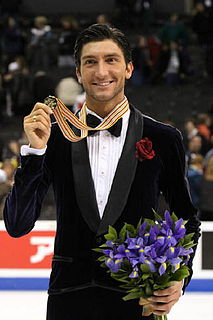A Quote by Danny Glover
I remember when Langston Hughes used to write a column in black newspapers around this character Jesse B. Semple. He always used that as a voice, sometimes in comic ways, of having everyday people's voice come through this common folk hero, who was an ordinary working guy. He would talk about anything from police brutality to the Korean War. Those kinds of expression and identification are no longer prevalent in our popular culture.
Quote Topics
About
Always
Anything
Around
Black
Brutality
Character
Column
Come
Comic
Common
Common Folk
Culture
Everyday
Everyday People
Expression
Folk
Guy
Having
Hero
Hughes
Identification
Kinds
Korean
Korean War
Longer
Newspapers
Ordinary
Our
People
Police
Police Brutality
Popular
Popular Culture
Remember
Remember When
Sometimes
Talk
Those
Through
Used
Voice
War
Ways
Working
Would
Write
Related Quotes
I wanted to pay homage to someone who was such an important literary figure in my life. I think Langston Hughes would be proud of the picture Black Nativity, yet it's a contemporary story about a family living in Harlem. I named the lead character Langston, put a little bit of poetry in there, and some Langston Hughes quotes, and, of course, his stage play, Black Nativity.
I had written a lot about my dog dying before. I wrote a newspaper column about it and it turned out to be the most popular column I'd ever written. That and the lame Joni Mitchell column I did. But the dog column, my god! People love dogs. Anybody who writes regularly should know, when in doubt: dogs! If you're a columnist, when in doubt, write a column about the culture of narcissism - like a scolding column about the culture of narcissism - or write something about dogs. That's the homerun in my take.
We're always being told 'find your voice.' When I was younger, I never really knew what this meant. I used to worry a lot about voice, wondering if I had my own. But now I realize that the only way to find your voice is to use it. It's hardwired, built into you. Talk about the things you love. Your voice will follow.
I hope that 'Gambit' doesn't take ten years, but it takes a little honing to get that tone and that voice exactly right. The character has such a specific voice in the comic, in the same way that Deadpool has a specific voice in the comic, that we want to make sure that we capture that voice on the page.
I'm so used to America, used to the traffic in L.A., and I don't really feel it click with the Korean culture. But obviously, I have a Korean face, and I feel like that's just - you know, I can't walk around people like I'm, like, straight-up American. It's like, I'm Korean American. My parents are from Korea.
I own no TV stations, or Radio Stations or Newspapers. But I feel that people need to be educated as to what is going on, and to understand the connection between the news media and the instruments of repression in Amerika. All I have is my voice, my spirit and the will to tell the truth. But I sincerely ask, those of you in the Black media, those of you in the progressive media, those of you who believe in true freedom, to publish this statement and to let people know what is happening. We have no voice, so you must be the voice of the voiceless.
I think that a huge positive that's come out of me having successful competitions as an athlete has been that, through the years it's become less and less about personal victory and more about strengthening a platform for me to have a voice in the world and I could really talk about anything I wanted to and I've chosen to make my voice be heard and be recognized for some of the charities that I really care about and work very closely with.
Until I am free to write bilingually and to switch codes without having always to translate, while I still have to speak English or Spanish when I would rather speak Spanglish, and as long as I have to accommodate the English speakers rather than having them accommodate me, my tongue will be illegitimate. I will no longer be made to feel ashamed of existing. I will have my voice: Indian, Spanish, white. I will have my serpent's tongue - my woman's voice, my sexual voice, my poet's voice. I will overcome the tradition of silence.
When I do an Asian character or an Asian voice I'm doing one because that's my heritage and my family and where I come from. My family is of Korean descent and specifically North Korean descent. So it makes sense for me to talk about that issue because it's the only weapon I have to somehow avenge my family and my history.




































